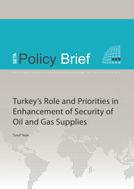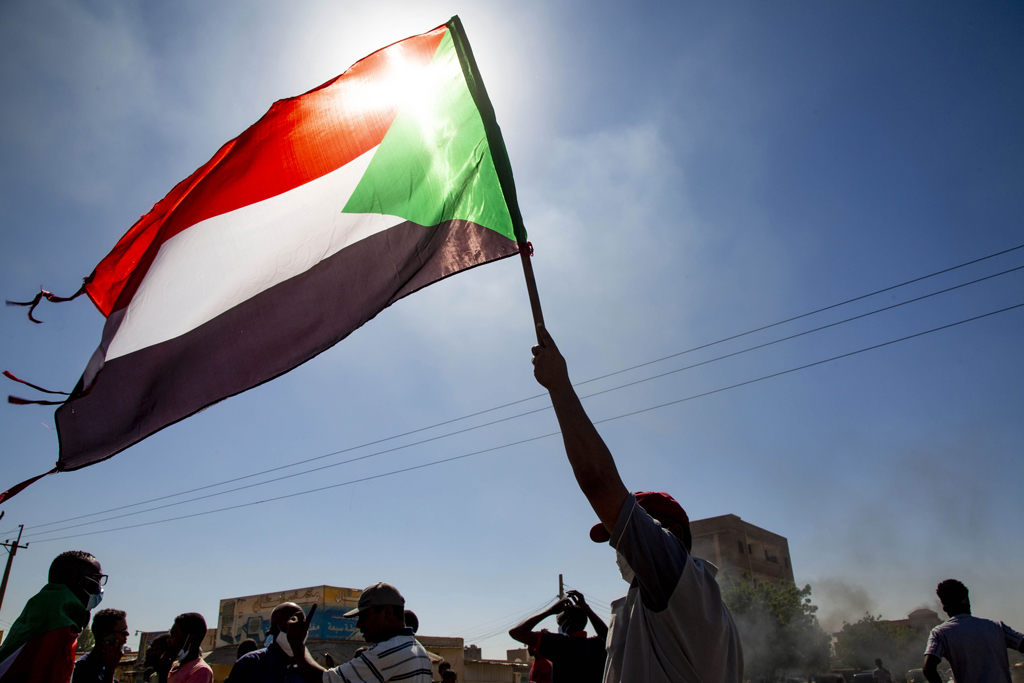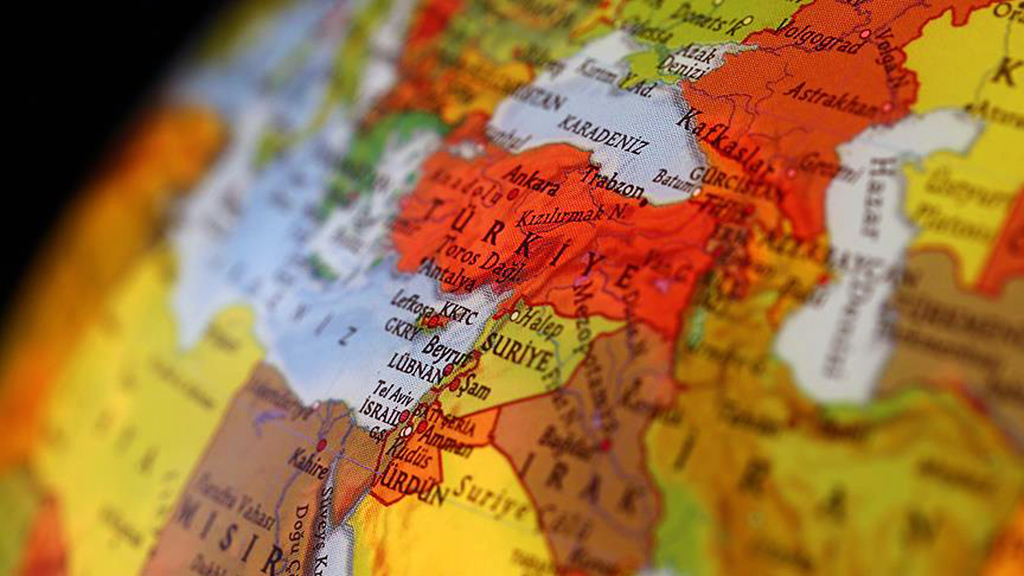The activism of late observed in Turkish foreign policy demonstrates a clear preference for a regional approach to international relations. It has been almost a mantra for Turkey’s new foreign policy elite to promote regional actors’ ownership of economic and security affairs in their own neighborhood. Various such initiatives that Turkey has been spearheading recently in its adjacent regions, including the Middle East, Caucasus, Balkans and beyond, underscore Turkey’s emergence as a regional power willing and able to assume leadership roles in those regions. Turkey has been pursuing customs and visa liberalization with many of its neighbors, while initiating strategic cooperation councils with others. Similar to Turkey’s initiation of the Organization of the Black Sea Economic Cooperation in the 1990s, Turkey has also launched a Caucasus Stability and Cooperation Platform. Complementing these efforts are various other bilateral or trilateral processes under its patronage, such as the ones between Bosnia and Herzegovina and Serbia, or between Afghanistan and Pakistan.
These regional cooperation schemes are driven by a unique mix of principled and instrumental reasons. On the one hand, by forging closer economic and political ties among regional actors and providing a venue for the exchange of opinions between rival forces, Turkey hopes to promote interdependence, hence the formation of peaceful regional orders, as an end in itself. In that sense, Turkey can be seen as acting as a “good international citizen,” seeking to project a progressive, liberal internationalist outlook in its own neighborhood. Perhaps, Ahmet Davutoğlu’s depiction of Turkey as an “order instituting” power -- though some find this term implies imperialistic tendencies, as reflected in the notorious debate on neo-Ottomanism -- summarizes well Turkey’s desire to foster peaceful neighborhoods.
On the other hand, Turkey definitely has some self-interested reasons to invest in these sometimes costly projects, as the eventual rise of peaceful neighborhoods is likely to create a belt of stability surrounding Turkey, thus boosting its own security. Moreover, this new approach to regional affairs, equipped with soft power instruments, can reduce the anxiety of other actors, thus facilitating Turkey’s penetration into new areas in pursuit of commercial and political interests. It is, therefore, no wonder that the Turkish business community is also actively supporting the new cooperation schemes initiated by the government, as they are the most immediate benefactors of the new “trade and economic development promote peace” approach.
A recent case to show the contours of this new approach is Turkey’s efforts to form a platform to aid the stabilization and recovery of Afghanistan in the wake of the decades-old civil war and a devastating foreign intervention. In addition to various other contributions it has made towards the stabilization of Afghanistan, Turkey also initiated the Regional Economic Cooperation Conference on Afghanistan (RECCA). The fourth meeting of RECCA, co-chaired by Davutoğlu and his Afghan counterpart, Zalmai Rassoul, was held in İstanbul on Nov. 3, bringing together officials from neighboring countries as well as representatives from international organizations. On the sidelines of the conference, a business forum organized by the Turkish Union of Chambers and Commodity Exchanges (TOBB) and the Foreign Economic Relations Board (DEİK), and an academic forum organized by the Foreign Ministry and Boğaziçi University, also took place, underscoring the multidimensionality of Turkey’s new approach.
The RECCA idea follows on Turkey’s accumulated experience from the platform of countries neighboring Iraq, which has played a critical role by forestalling the involvement of regional countries in Iraqi domestic affairs to capitalize opportunistically on the internal weaknesses of the c









